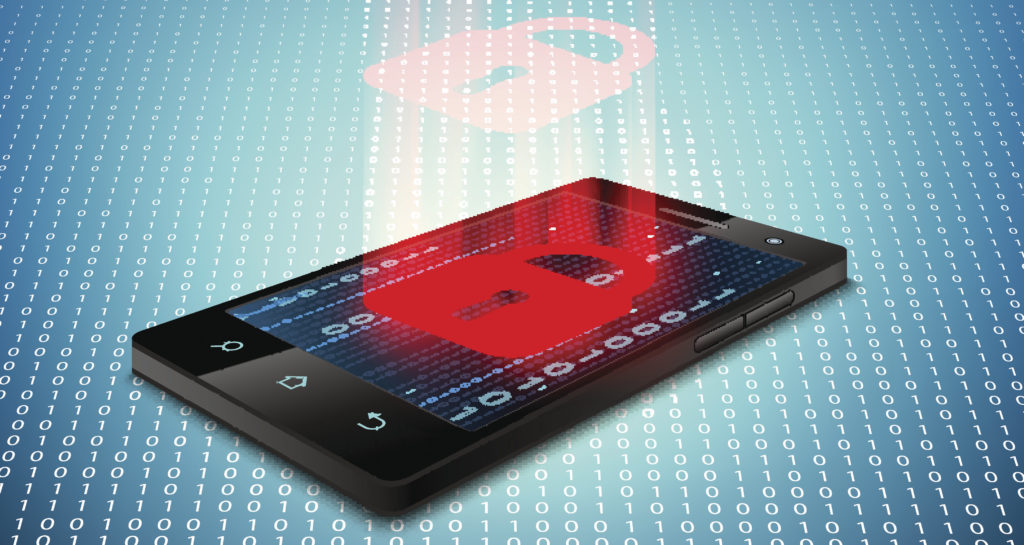Starting May, 1 this version won't receive maintenance updates.
Thank you for your understanding.
Mobile Communications and the rise of Privacy Issues.

The first mobile phone service was introduced in 1978. Today, more than 3 billion cell phones are in use, making mobile phones the most popular personal technology device in the world. The technology is still relatively new, and the threats to our security and privacy are only just beginning to surface. The benefits of mobile phones are countless and range from on-demand assistance to stuck motorists or disaster victims to providing a "big step forward" in technology to countries around the world. On the other hand, the dangers of cell phones are only just beginning to be revealed. Long-term studies have begun to bear fruit, and advances in computers, such as the development of the Internet, are exposing our personal data to a wide audience. Leaving aside the very real privacy security issues raised by cell phones, which manifest themselves in the deadly equation of cell phones and driving, let's consider the dangers to privacy our own caused by the world's favorite device.
The first and still the most threatening mobile privacy issue inherent in wireless technology. Like radio waves, cell phone waves are transmitted through the air, which means anyone with the right equipment can receive them. Fortunately, we can rest assured that this type of spying technology is rare and the amount transmitted by mobile phones is enormous. While not the greatest threat, it does mean that calls containing sensitive information (credit card numbers, bank account information, etc.) should not be made on the service line. wireless.
The next privacy concern is cell phone reverse lookup. Unlike line interception, cell phone reverse lookups are a relatively new phenomenon. Unlike interception, cell phone reverse lookups are often used to protect privacy, rather than infringing on it. These services allow users to know the name and address of any unknown number they can find in their caller ID. This means that Internet users can find out who is dialing their number and use this information to control their phone lines. Cell phone reverse lookup allows users to protect their privacy by allowing them to look up almost any phone number.
Of course, some people may worry that searching on a cell phone is a potential security threat. However, to use reverse cell phone lookup, someone must have your cell phone number. This means that if you are not used to advertising in very public places, it will be difficult for unscrupulous people to get your cell phone number, which means that a reverse lookup of the phone number will for private gain, not a matter of privacy.











